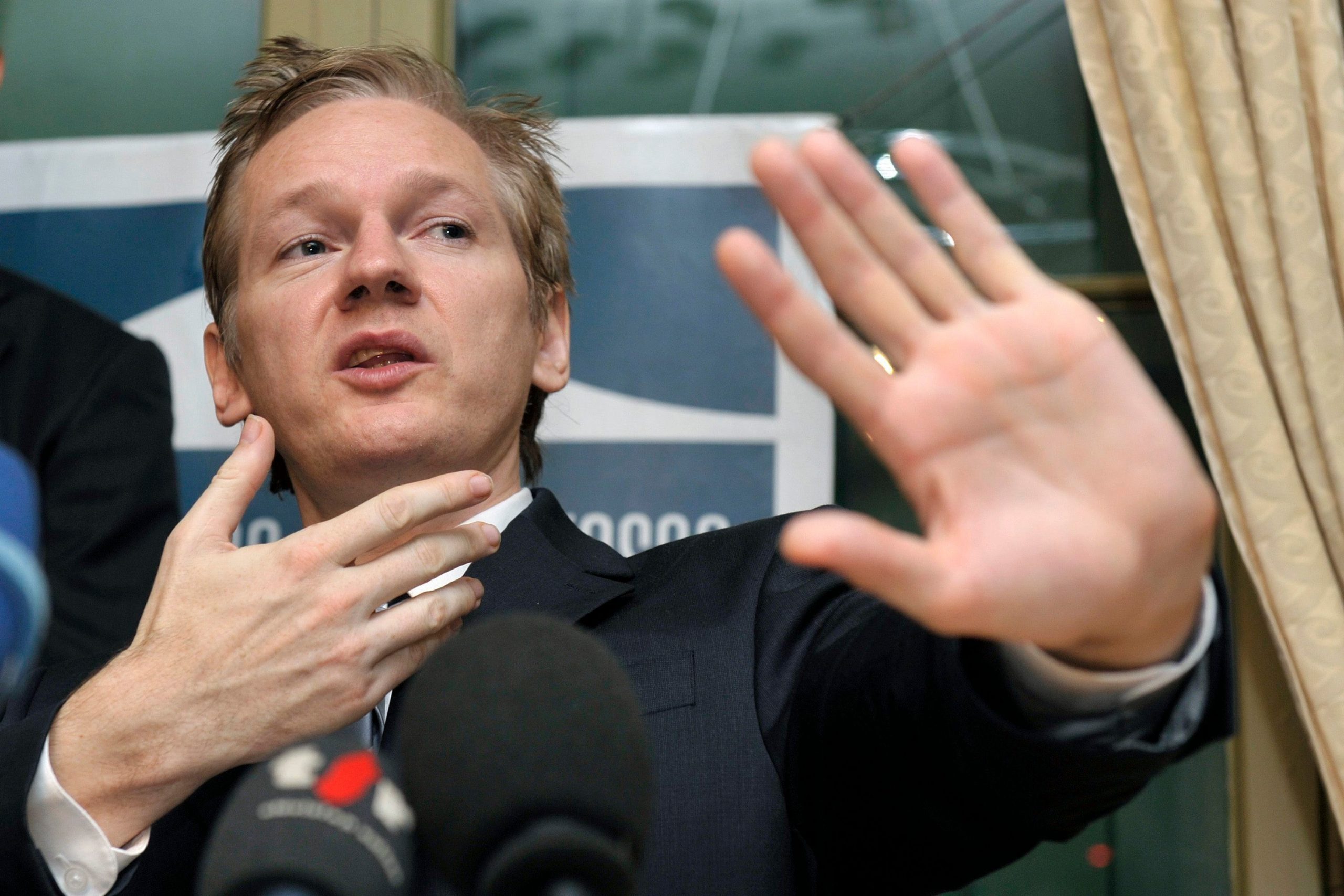WikiLeaks founder Julian Assange will face a UK court ruling on Monday over whether he should be extradited to the United States on spying charges for publishing 500,000 secret documents online, reported AFP.
The 49-year-old Australian publisher is facing 18 charges in the US relating to the illegal release of 500,000 secret files by WikiLeaks in 2010, which had detailed information about US military campaigns in Afghanistan and Iraq.
District Judge Vanessa Baraitser is due to give her decision at the Old Bailey court in central London, in a case that has become a cause celebre for media freedom.
The extradition hearing follows over a decade of international legal controversies surrounding Assange.
The legal proceedings in the country could still continue before any possible extradition as Monday’s ruling is subject to appeal.
If convicted in the United States, Assange could be jailed for up to 175 years.
Notably, Assange suffers from a respiratory condition that makes him more vulnerable to COVID-19, a disease that has infected several inmates at the high-security prison in southeast London where he has been held.
Defence witnesses called during the hearing said Assange’s history of depression meant he would be a suicide risk if sent to the United States and locked up in a maximum-security prison.
He has also complained of hearing imaginary voices and music during his detention.
The UK hearing in February last year was told that Donald Trump promised to pardon Assange if he testified Russia hacked into the computer servers of the Democratic National Committee (DNC) during the 2016 election campaign.
WikiLeaks later published the emails, which proved politically damaging to his Democratic rival Hillary Clinton before the vote.
Stella Moris, Assange’s fiancee and the mother of his two young sons, has appealed to Trump directly. “The people want you to pardon Assange. Please listen,” she wrote on Twitter on Thursday.
After Sweden first issued an arrest warrant for Assange in 2010 over allegations of sexual assault, he sought asylum in Ecuador’s embassy in London, where he remained from 2012 until 2019.
In April 2019, Ecuador, by then ruled by right-wing President Lenin Moreno, revoked his citizenship.
The following day, British police dragged Assange out of the embassy, having been informed that his asylum had been withdrawn. He was arrested by British police for breaching his bail terms.
The earlier Swedish assault investigation against him was later dropped due to lack of evidence.







